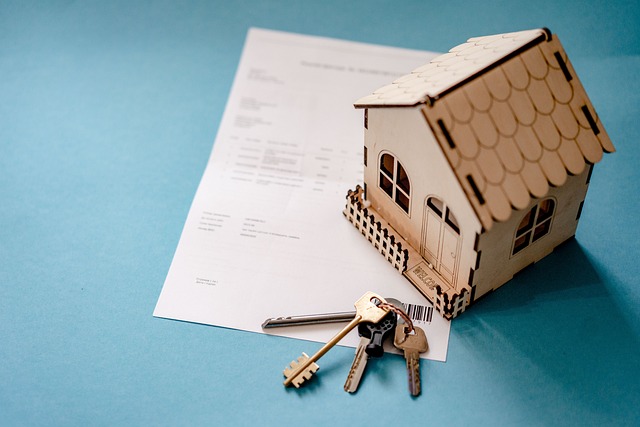 09 Jul, 2025
09 Jul, 2025
What Is a Deed of Covenant, and Is It Required for a Freehold Property?
You have found the property you want, spoken with your mortgage advisor, and are now ready to proceed with the purchase. But then your solicitor mentions a deed of covenant, and you find yourself wondering: What is it? Do I need to sign it if I am buying a freehold property? Is it something to worry about? Let’s walk you through this clearly, so you know what to expect. Think of a deed of covenant as a promise in writing that you will follow certain obligations linked to the property. This could include contributing to the upkeep of a private road, shared driveway, or communal garden, or agreeing not to engage in certain activities on the property. It is a legal agreement, and once you sign it, you must comply with its terms for as long as you own the property. Many buyers assume deeds of covenant only apply to leasehold flats. Whilst it is true they are common in leaseholds, they can also appear in freehold purchases. You may be asked to sign a deed of covenant for a freehold property if: The house is part of a private estate with shared spaces. There is a private drainage system shared with neighbours. The development shares roads with the council that have not been adopted. In most straightforward freehold purchases, you will not need to sign one, but your solicitor will confirm this during the conveyancing process. If a deed of covenant is required, it ensures that you take on shared responsibilities fairly, just as the previous owner did. It protects your neighbours and any management company, making sure everyone contributes to shared maintenance. Your solicitor will review the document to ensure it is reasonable and let you know if there are any concerns before you sign. If a deed of covenant is required, you may need to pay: A legal fee for drafting or reviewing the document. An administration fee to the management company for registering the covenant. Your solicitor will include these in your cost breakdown so that you can prepare for them before the completion date. Restrictive covenants are rules tied to your property’s title, such as not building extensions without permission. These pass automatically to new owners. A deed of covenant, on the other hand, requires your signature to confirm you will personally take on obligations for shared maintenance or rules. It is separate and may need to be signed each time the property changes hands. If you refuse to sign a required deed of covenant: Your purchase could be delayed or fall through. The seller may not be able to complete the sale. You may not be legally allowed to use shared facilities, which can lead to disputes later. It is a standard part of many transactions, and your solicitor will ensure your interests are protected before you sign. If you are buying a property and hear the words “deed of covenant”, do not panic. Instead: Ask your solicitor to explain why it is needed. Review the obligations you will take on. Check the cost of signing and registering the deed. Confirm your comfort with the responsibilities before moving forward. This will keep your purchase on track and help you avoid unwanted surprises later. At property management London , we know the legal side of buying a home can feel intimidating, especially when new terms like deeds of covenant appear. We guide you step by step, working with trusted solicitors to ensure you understand what you are signing, why it is needed, and what it will cost. Contact property management London today if you're planning to buy a home, and let us help you move forward with confidence.Step 1: Understand What a Deed of Covenant Is
Step 2: Check If It Applies to Freehold Properties
Step 3: Know Why You Might Need to Sign It
Step 4: Understand the Costs Involved
Step 5: Learn How It Differs from Restrictive Covenants
Step 6: What Happens If You Ignore It?
Step 7: What Should You Do Next?
How property management London Can Help You






